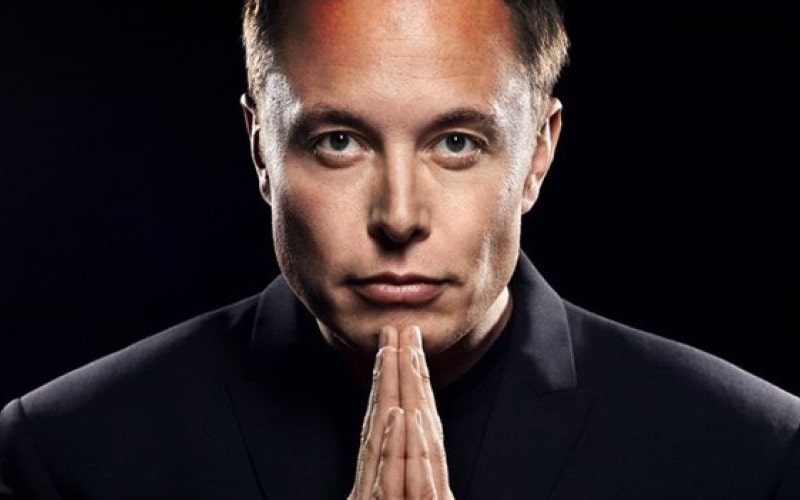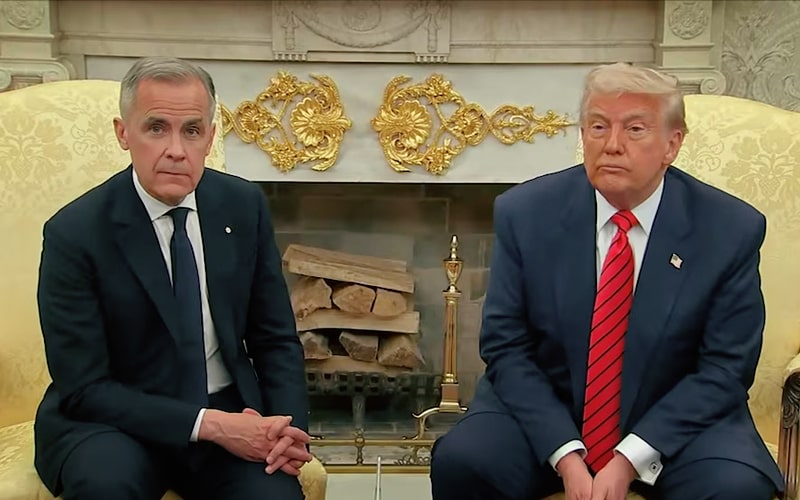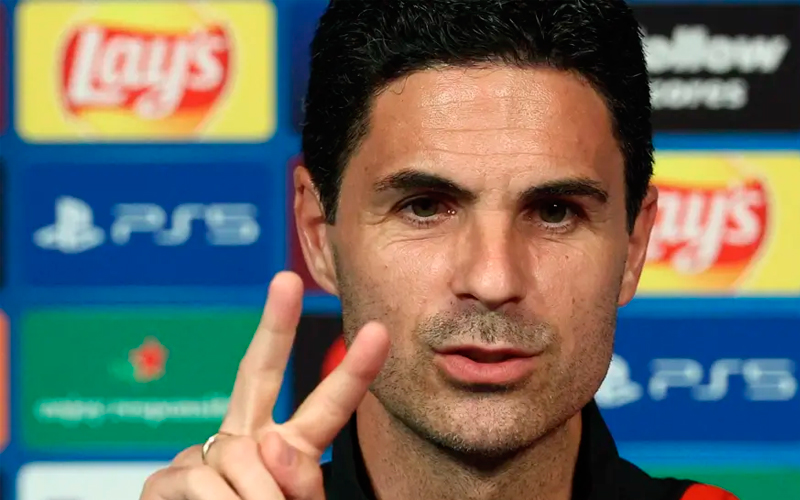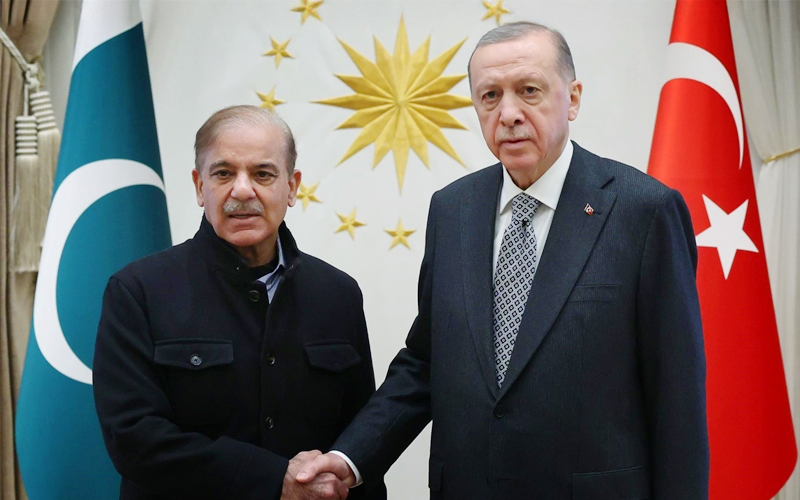Elon Musk, the billionaire entrepreneur behind Tesla, SpaceX, and X (formerly Twitter), now finds himself at the center of a complex ethical debate. As head of the Department of Government Efficiency (DOGE) under President Donald Trump, Musk has reportedly influenced major decisions across the federal government—all while maintaining deep business interests tied to federal contracts and regulatory oversight. Musk recently assured Tesla shareholders that he will remain involved in the Trump administration’s efficiency drive, though he plans to scale back his full-time duties to one or two days a week. At a Cabinet meeting in April, Trump praised Musk, saying, “You’ve really been a tremendous help… you’re invited to stay as long as you want.” Musk claims the initiative has already reduced government spending by $160 billion, though these figures have not been independently verified. Still, he hopes the principles behind DOGE—his self-styled reform campaign—will become a lasting mindset in public service. “Like Buddhism,” Musk told reporters, describing his vision for government reform. Critics, however, are increasingly raising concerns. Musk's companies operate in industries heavily influenced by federal policy—ranging from aerospace and automotive to communications and energy. Tesla and SpaceX both receive government contracts. At the same time, regulatory agencies have fined, sued, or launched investigations into his companies. This deep entanglement raises conflict-of-interest questions as Musk helps shape policies that could benefit the very industries he profits from. Democrats and government watchdog groups have flagged potential ethics violations. They point to Musk’s dual role as a major Trump campaign …
Amelia
Amelia
Topics:

Elon Musk, the billionaire entrepreneur behind Tesla, SpaceX, and X (formerly Twitter), now finds himself at the center of a complex ethical debate. As head of the Department of Government Efficiency (DOGE) under President Donald Trump, Musk has reportedly influenced major decisions across the federal government—all while maintaining deep business interests tied to federal contracts and regulatory oversight.
Musk recently assured Tesla shareholders that he will remain involved in the Trump administration’s efficiency drive, though he plans to scale back his full-time duties to one or two days a week. At a Cabinet meeting in April, Trump praised Musk, saying, “You’ve really been a tremendous help… you’re invited to stay as long as you want.”
Musk claims the initiative has already reduced government spending by $160 billion, though these figures have not been independently verified. Still, he hopes the principles behind DOGE—his self-styled reform campaign—will become a lasting mindset in public service. “Like Buddhism,” Musk told reporters, describing his vision for government reform.
Critics, however, are increasingly raising concerns. Musk’s companies operate in industries heavily influenced by federal policy—ranging from aerospace and automotive to communications and energy. Tesla and SpaceX both receive government contracts. At the same time, regulatory agencies have fined, sued, or launched investigations into his companies. This deep entanglement raises conflict-of-interest questions as Musk helps shape policies that could benefit the very industries he profits from.
Democrats and government watchdog groups have flagged potential ethics violations. They point to Musk’s dual role as a major Trump campaign donor and a powerful policymaker with access to sensitive federal decisions. The full extent of his influence—and its consequences for public trust—remains unclear.
Musk, never shy about unconventional moves, has likened his approach to bureaucratic reform to wielding a chainsaw. The comparison underscores the bold, and potentially risky, ways he continues to blur the line between public service and private gain.
Subscribe to Our Newsletter
Keep in touch with our news & offers













